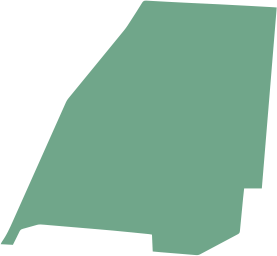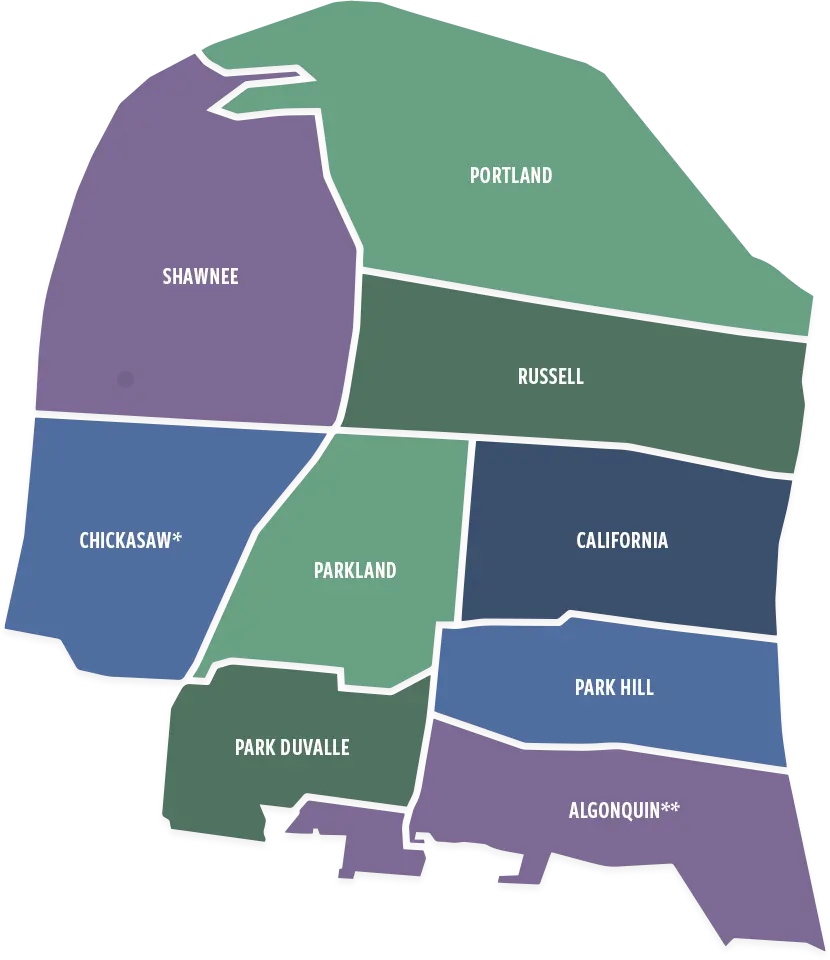However, that was not the end of the neighborhood’s story. With the help of local entrepreneurs and community members, there have been several programs that have begun to help Parkland bloom again into the bustling commercial community that it once was, as well as a safe residential area with resources that are shared between the citizens. The neighborhood broke ground in 2021 on the community plaza, which acts as an outdoor gathering space with a green oasis, community venue, natural playground, and a fruitful community garden. There has since been an investment in community well-being with the addition of an urgent care center, a Boys and Girls Club, a Dare to Care food bank, and a local food mart, which fights the food desert that affects most of the West End. The Parkland Business Preservation District works to keep the history in place as revitalization efforts take place, and the city has been renovating the historic Carnegie Library into a branch of the Louisville Free Public Library that will reopen in 2025.
Parkland’s population stands at approximately 4,500 residents, and the area has many improvements in store to draw people back to the neighborhood. Many of the buildings are gifts from the past and feature beautiful Victorian homes alongside other city-funded housing developments. While a portion of the houses and land plots are vacant, they present great housing and commercial opportunities that attract new families, renting tenants, and business– some of whom have already begun reoccupying the spaces. For families in the area, schools that serve the Parkland neighborhood include:



